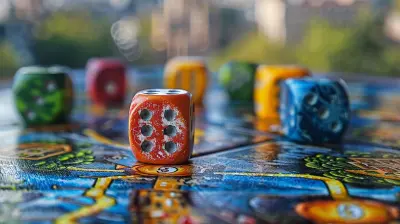Creating the Ideal Character Build in Fantasy RPGs
25 September 2025
Let’s be honest—there’s nothing quite like stepping into a fantasy RPG, all wide-eyed and ready to carve your name into the world with your character. But before you charge headfirst into dungeons or start flexing spells, you need to answer one huge question... What kind of hero (or anti-hero) are you building?
Creating the ideal character build in fantasy RPGs isn’t about copying cookie-cutter guides or min-maxing every stat just because the internet told you to. Nope. It’s about understanding game mechanics, embracing your personal playstyle, and crafting a character that feels just right in your hands.
So grab a health potion, sharpen your sword, and let’s break it all down.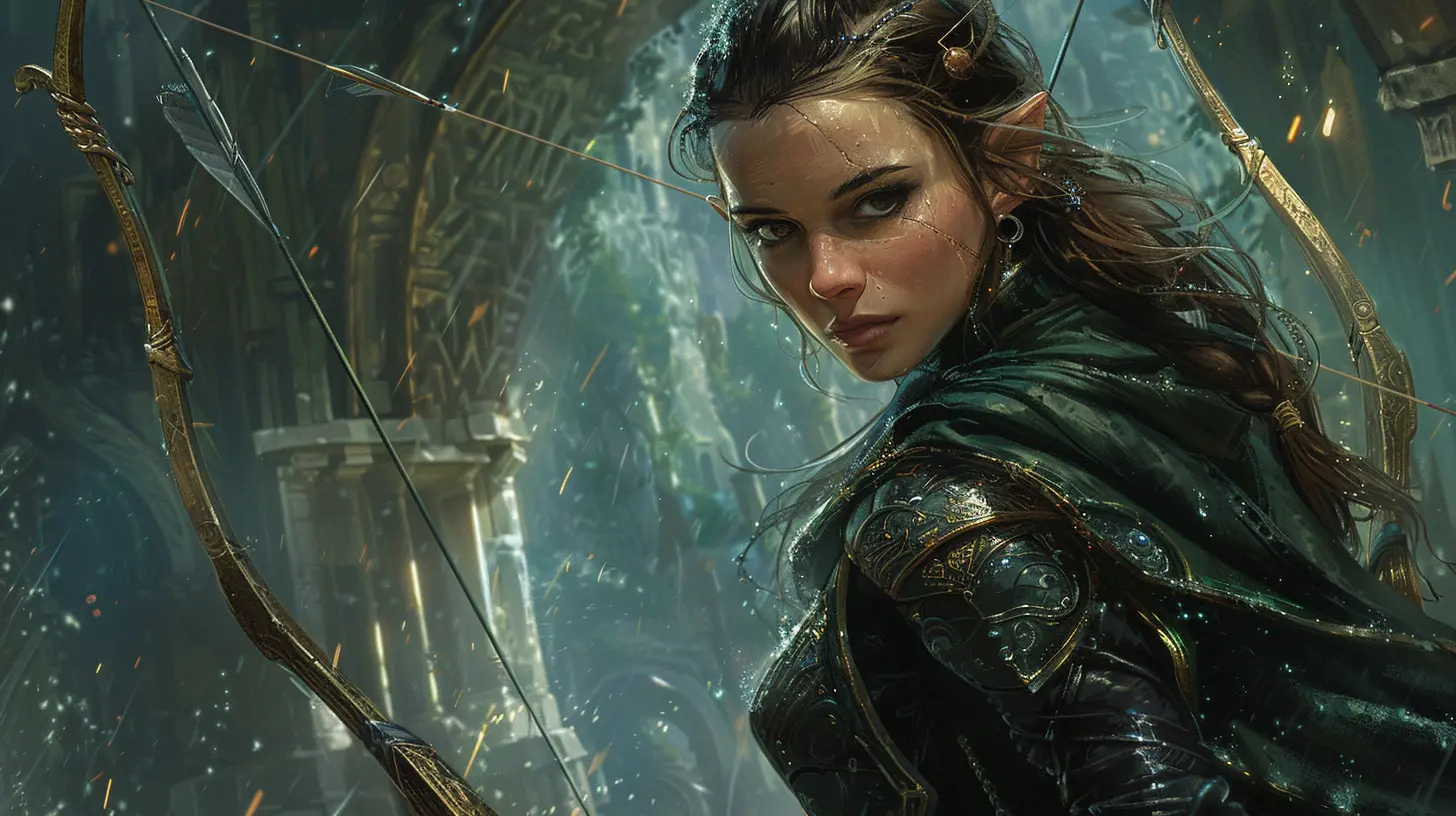
Why Character Builds Even Matter
You might think, “Eh, I’ll just pick a class and wing it.” I feel you. But here’s the deal—your character build is the foundation for every decision you make in the game.Are you a sneaky rogue who takes out enemies without ever being seen? Or a raging berserker smashing through hordes like a wrecking ball? Maybe a spell-slinging mage who nukes enemies from a mile away?
Your build affects:
- Combat style
- Dialogue options
- Skill progression
- Equipment choices
- How much fun you’ll have (seriously)
So building your character smartly? It changes everything.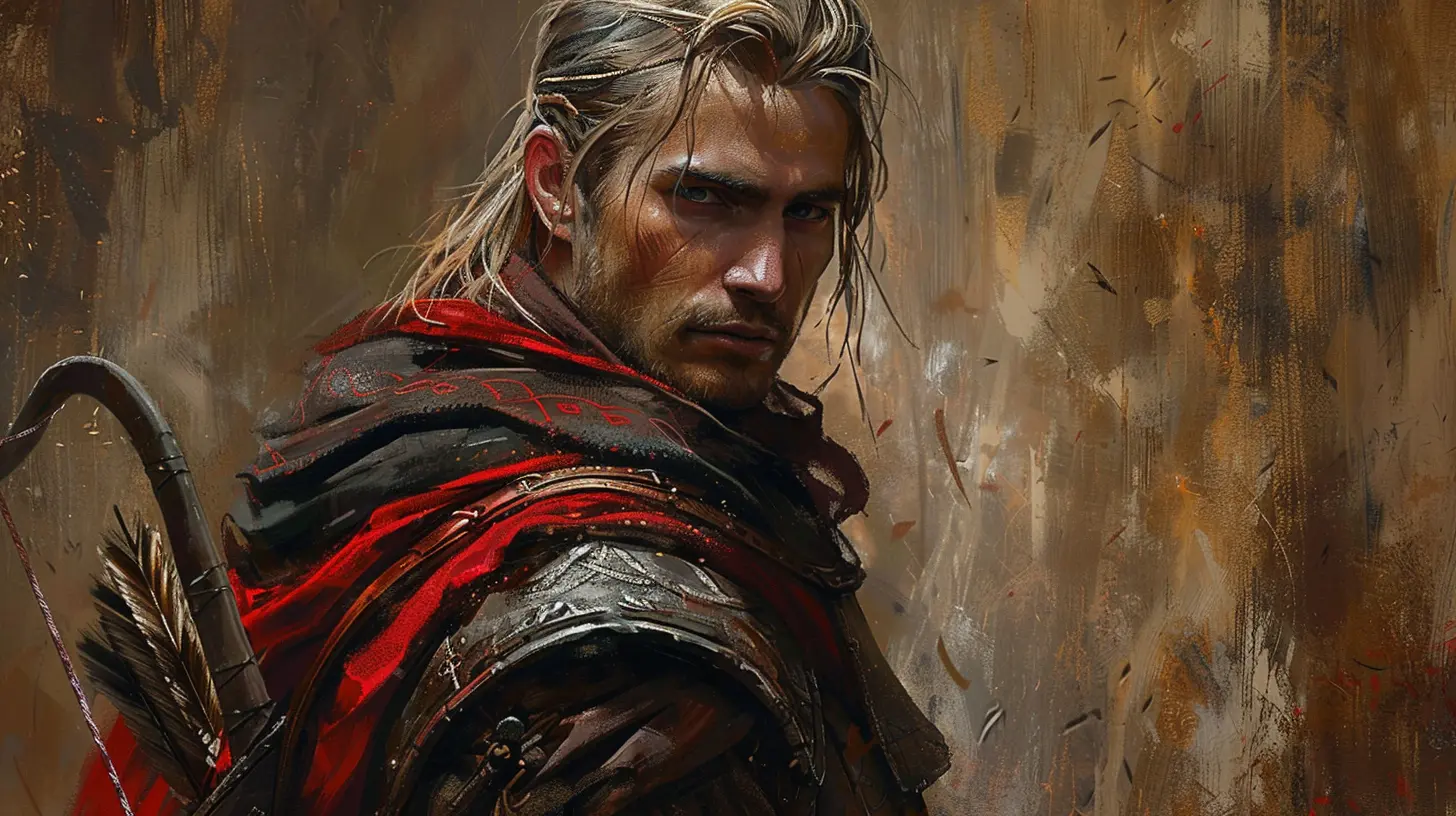
Step 1: Choose a Playstyle, Not Just a Class
Before you get lost in skill trees and stat points, ask yourself: How do I like to play?It’s tempting to look at classes like “Warrior,” “Mage,” or “Rogue” and just click one, but hold up. Think deeper. If you prefer staying out of harm’s way and supporting the team, maybe that “Cleric” class makes sense—even if it seems boring on paper. Playstyles make builds personal.
Ask yourself:
- Do I want to tank hits or avoid getting hit at all?
- Do I like melee combat or ranged?
- Do I enjoy stealth, magic, brute strength, or a mix?
- Solo exploration or party synergy?
Choosing a specific playstyle helps you build a character you'll actually enjoy rather than one that just looks good on Reddit.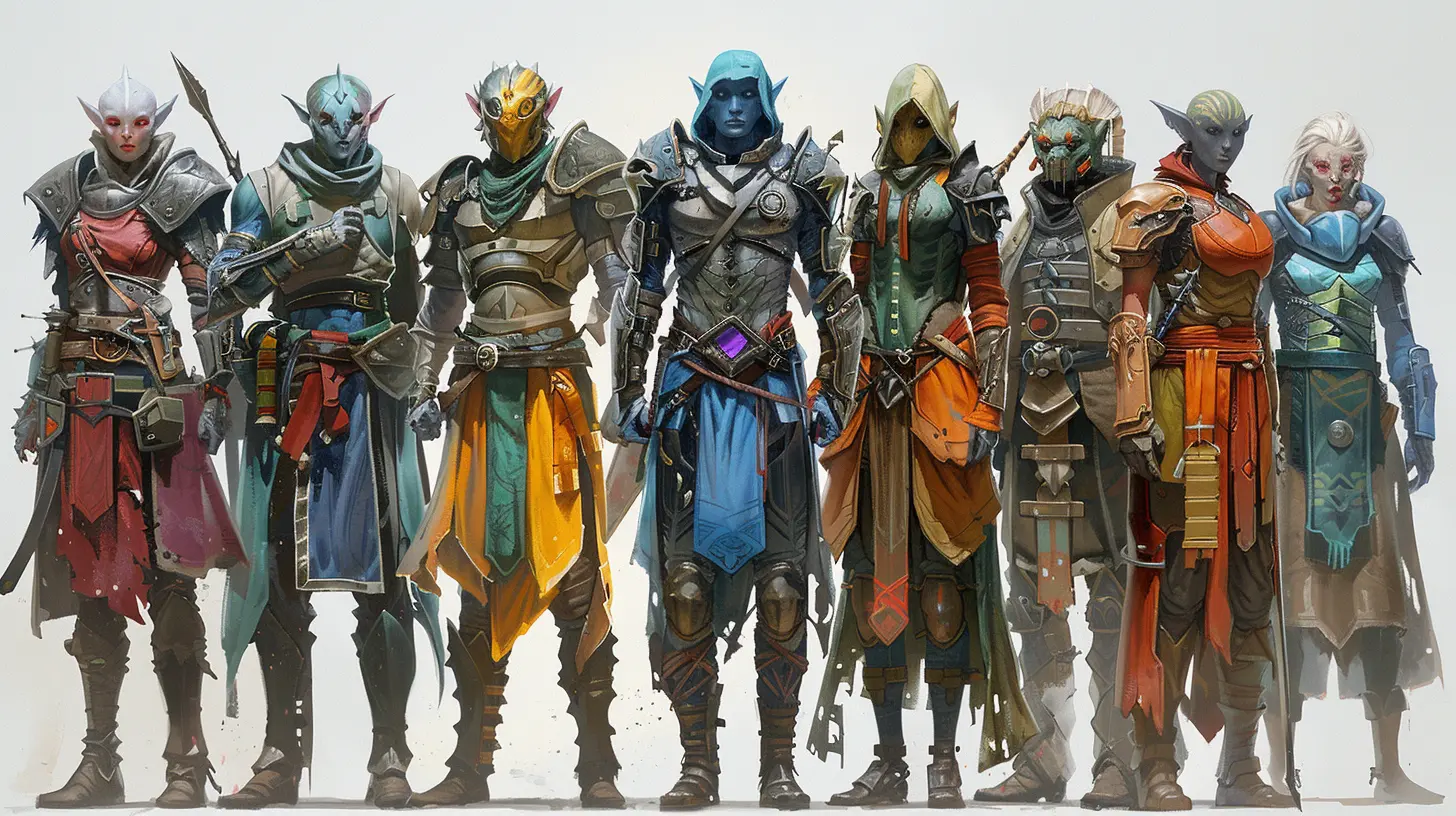
Step 2: Understand the Stats (Don’t Just Dump Points Randomly)
Stats drive your build. Attributes like Strength, Dexterity, Intelligence, Wisdom, Constitution (you know, the classics) determine how effective your character is at their job.Here’s a friendly breakdown:
- Strength – Great for warriors and melee damage dealers. Boosts damage and lets you carry more gear (because who doesn’t hoard EVERYTHING?).
- Dexterity – Ideal for rogues and archers. It boosts accuracy, evasion, and often critical hits.
- Intelligence – Your go-to for powerful mages. More INT = stronger spells and faster mana regen.
- Wisdom – Usually tied to healing abilities or divine magic. Clerics and druids thrive here.
- Constitution – Increases health and stamina. Everybody needs a little CON, honestly.
- Charisma – This one’s less about combat and more about persuasion. It's gold if you enjoy dialogue-heavy paths.
Pro tip: Don’t stretch yourself too thin. Focus on two or three main stats that align with your preferred playstyle.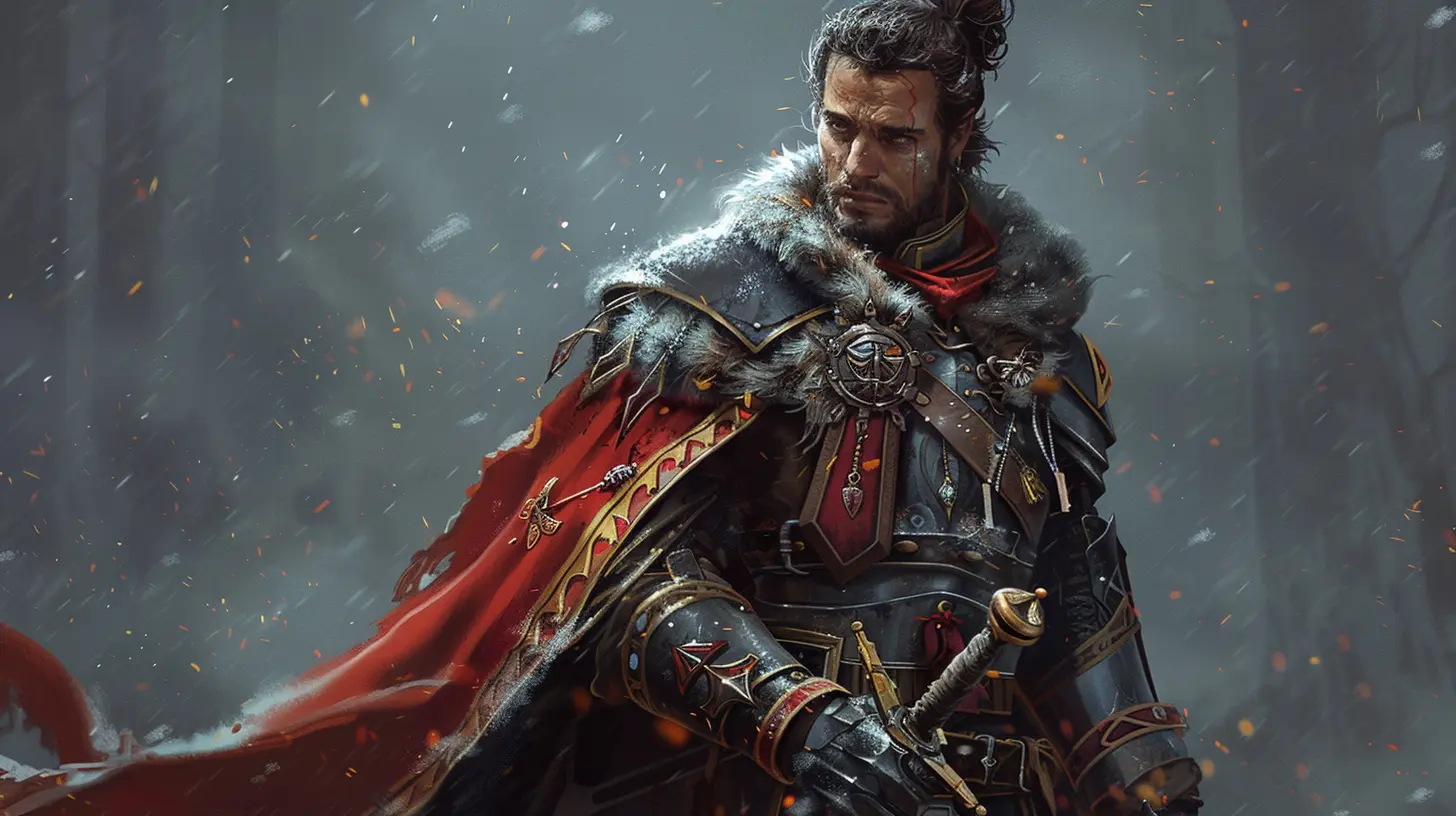
Step 3: Skills & Abilities – Specialization Beats Generalization
This is where your build truly comes to life. Skills and abilities are like that spice mix in your favorite dish—they define the flavor of your gameplay.Each game’s skill tree system works a bit differently, but the golden rule? Specialize.
Let me give you an example:
Say you’re building a stealth assassin. You’ve put points into Dexterity and Agility. You should also focus on:
- Stealth skills (duh)
- Lockpicking (for loot, always for loot)
- Backstab or critical hit boosts
- Movement boosts (like dash or parkour abilities)
Avoid wasting points on heavy armor proficiency or magic resistances. They don’t align with what your assassin character is meant to do.
Build around your core concept. Don’t scatter your points just because something looks cool.
Step 4: Equipment – Your Gear Should Match Your Build
One of the most common mistakes I see? Players who build a fragile mage and then walk around wearing heavy armor “just for the defense.” Nah, that ain’t it.Gear should complement your stats and skills. If you’ve invested in Dexterity and Stealth, wear light armor to enhance agility. If you’re a spellcaster, robes and staves amplify your magical power.
Key gear choices to consider:
- Weapon types – Two-handed sword? Bow? Fire staff? Pick what suits your skill setup.
- Armor class – Light for dodgers, medium for balance, heavy for full-on tanks.
- Accessories – Rings, amulets, talismans—these often add % bonuses to your best stats.
Keep your loadout tight and focused. A well-equipped character is like a well-tuned instrument—it just works.
Step 5: Party Synergy – Who’s Got Your Back?
If you're playing a party-based RPG (think Dragon Age, Baldur's Gate, Divinity), your build should complement your companions.Say you’ve built a tanky warrior. You don’t need another heavy hitter. Maybe add a support mage or a ranged rogue to fill the gaps.
Synergy matters, folks. A balanced party = fewer reloads, smoother fights, and more fun.
And hey, don’t forget to rotate party members sometimes. It keeps things fresh and lets you test your build against different challenges.
Step 6: Traits, Perks, and Backgrounds – Fine-Tune Your Flavor
Depending on the game, you might also get optional traits, passive bonuses, or selectable backgrounds. These might seem minor, but they can be game-changers.Examples:
- A “noble” background might give you better dialogue outcomes.
- A “quick learner” perk could net you more XP over time.
- “Dual-wielding expert” lets you optimize your melee build.
Stack these bonuses in the direction of your core strategy. Think of them like hot sauce on your tacos—just the right splash makes everything pop.
Step 7: Know the Meta, Break the Meta
Okay, okay—let’s talk meta for a second.Yes, the RPG community loves to break down the most “optimal” builds. And sure, some setups are mathematically stronger than others. But guess what?
The most powerful build is the one that’s fun for YOU.
You don’t have to be the highest DPS dealer or the most unkillable tank. If you’re having a blast roleplaying a battle bard who charms enemies and throws random fireballs, that’s a win in my book.
Understanding the meta helps, but don’t let it chain you down. Games are for playing, not just winning spreadsheets.
Step 8: Test, Adjust, Repeat
Here’s a secret that every seasoned RPG player knows:Your first build probably won’t be perfect.
And that’s okay. The beauty of RPGs is experimentation. Try a build. Push its limits. See what works. If it sucks? Respec if the game allows it. Or start over with new insight.
Each attempt gets you closer to mastering the game’s systems. Plus, replaying with different builds keeps the content fresh.
Think of it like cooking. The first batch might be under-seasoned, but you learn and adjust. By the third run? Chef’s kiss.
Bonus Tips for the Truly Obsessive (We See You)
- Use synergies – Combining effects (like freezing enemies then shattering them) makes combat feel magical.- Stay updated – Patches can buff or nerf abilities. Stay flexible.
- Read forums sparingly – Get ideas, but don’t let guides rob you of discovery.
- Take risks – Try weird builds! Paladin-bard hybrid? Do it. Necromancer tank? Why not?
Final Thoughts: Build Who You Want to Be
At the end of the day, the ideal character build in fantasy RPGs isn’t just about being powerful. It’s about feeling powerful in a way that suits your imagination.You’re not just a bunch of numbers and stats. You’re a force in a world of dragons, magic, and epic quests. Whether you’re seducing kings, slaying beasts, or stealing from the rich just because it’s fun—you deserve a character that represents your style.
So make a build that’s smart, sure—but make it yours. That’s the real magic.
all images in this post were generated using AI tools
Category:
Game GuidesAuthor:

Leandro Banks
Discussion
rate this article
1 comments
Wynter Fry
Why settle for mediocre? Go legendary!
September 26, 2025 at 3:28 AM

Leandro Banks
Absolutely! Strive for greatness in your character builds to elevate your gaming experience!

